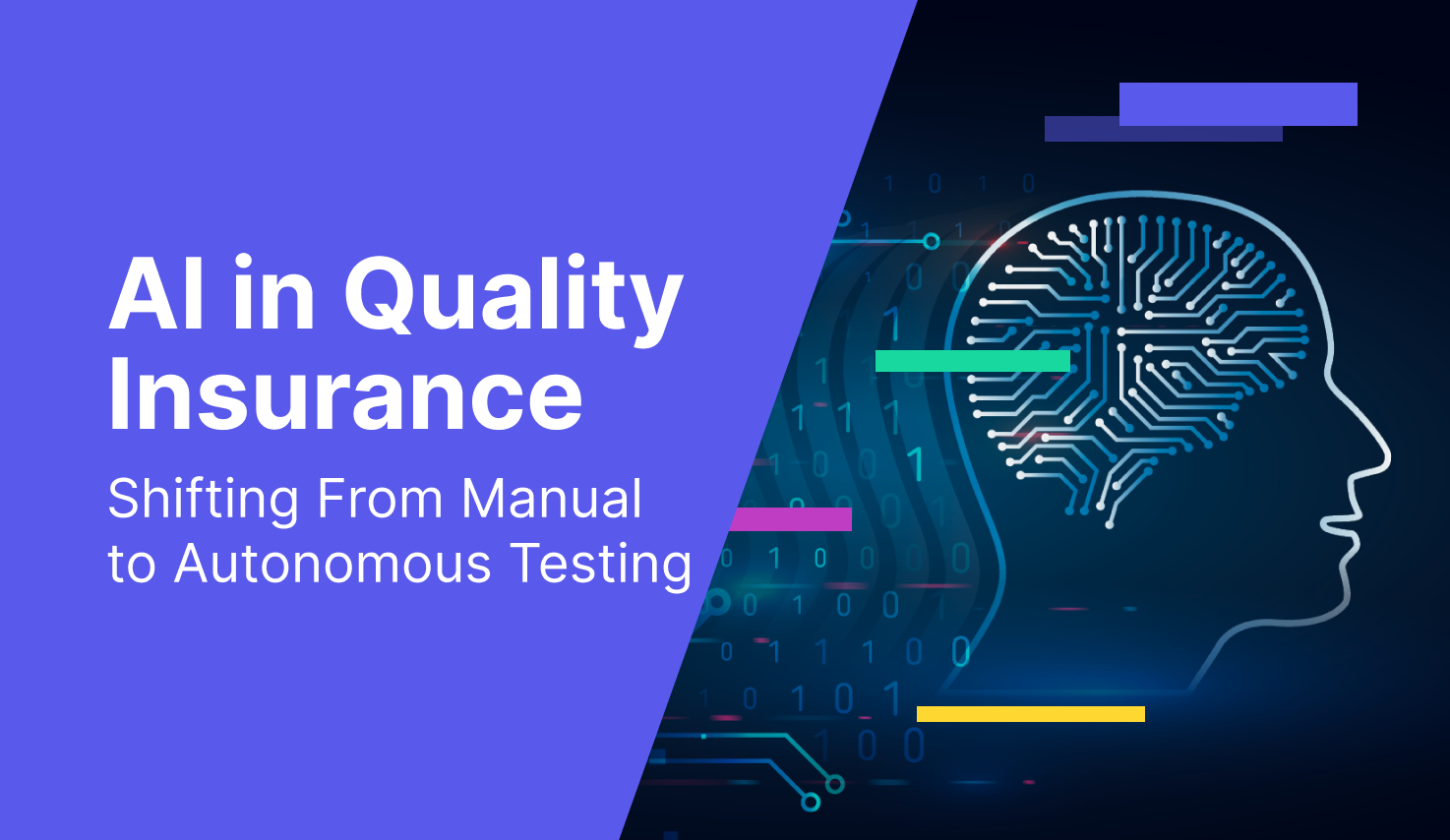Introduction
In the fast-evolving landscape of technology, Artificial Intelligence (AI) has emerged as a transformative force, reshaping industries and economies. As businesses increasingly integrate AI into their operations, the need for specialized insurance coverage has become paramount. AI Assurance, a novel approach to insurance tailored specifically for artificial intelligence, is gaining prominence as companies recognize the unique risks and challenges associated with AI deployment. This article explores the significance of AI Assurance, its key components, challenges, and the future of insurance in the AI era.

Understanding AI Assurance
AI Assurance goes beyond traditional insurance models, acknowledging the intricate nature of AI systems and the potential risks they pose. Conventional insurance policies may not adequately address the complexities of AI-related liabilities, making specialized coverage essential. AI Assurance is designed to protect businesses against the specific risks associated with the development, deployment, and use of AI technologies.
Key Components of AI Assurance
- Data Security and Privacy Protection: As AI relies heavily on data, AI Assurance includes provisions to safeguard sensitive information. This component addresses the risks associated with data breaches, unauthorized access, and the potential misuse of personal or proprietary data.
- Algorithmic Risks: AI Assurance recognizes the inherent uncertainties in algorithms. Coverage extends to errors, biases, or malfunctions in AI algorithms that may lead to financial losses, reputational damage, or legal implications.
- Liability for AI Decisions: In an AI-driven environment, decisions are often automated. AI Assurance provides coverage for liabilities arising from decisions made by AI systems, ensuring that businesses are protected in the event of unintended consequences or errors.
- Intellectual Property Protection: With the rapid development of AI technologies, intellectual property (IP) issues are becoming more complex. AI Assurance helps safeguard businesses against IP disputes related to AI inventions, algorithms, or software.
- Regulatory Compliance: The evolving regulatory landscape for AI poses a challenge for businesses. AI Assurance assists companies in navigating and complying with the ever-changing regulations, reducing the risk of legal repercussions.
Challenges in Implementing AI Assurance
- Lack of Standardization: The field of AI is diverse, and standardizing insurance policies can be challenging. Developing universally accepted standards for AI Assurance is crucial for ensuring consistent coverage across different industries.
- Assessing AI Risks: Evaluating the risks associated with AI technologies is complex. Insurers must develop sophisticated risk assessment models to accurately gauge the potential liabilities tied to AI deployment.
- Dynamic Nature of AI: AI technologies evolve rapidly, making it difficult for insurance policies to keep pace. AI Assurance must be flexible and adaptable to cover emerging risks and technologies.
- Education and Awareness: Many businesses may not fully comprehend the risks associated with AI, leading to underestimation of insurance needs. Education and awareness campaigns are crucial to help businesses understand the importance of AI Assurance.
The Future of AI Assurance
As AI continues to play an integral role in shaping the global business landscape, the demand for AI Assurance is expected to grow. Insurers are likely to refine and expand their offerings to meet the evolving needs of businesses operating in an AI-centric environment. Collaboration between the insurance industry, AI developers, and regulatory bodies will be essential in establishing comprehensive and standardized AI Assurance solutions.
Conclusion
AI Assurance represents a critical evolution in the insurance industry, addressing the unique challenges posed by the integration of artificial intelligence into various sectors. As businesses navigate the complex landscape of AI risks, having tailored insurance coverage is essential for mitigating potential financial, legal, and reputational consequences. The development and adoption of AI Assurance mark a proactive and strategic approach to managing the risks associated with the rapid advancement of AI technologies. In the coming years, the collaboration between the insurance and AI industries is likely to result in more sophisticated and comprehensive AI Assurance solutions, providing businesses with the confidence to embrace AI innovation responsibly.
